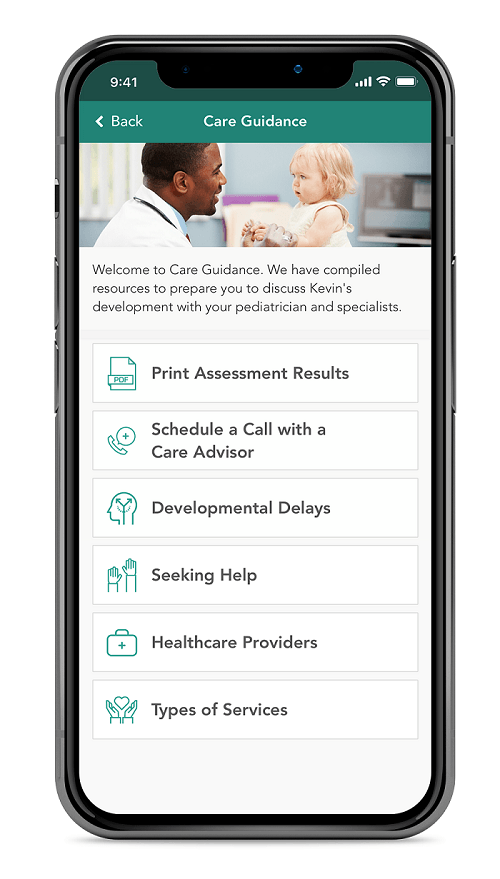
Behavioural health company Cognoa has licensed technology exclusively from the Stanford University School of Medicine to develop and market the digital therapeutic solution for children with autism spectrum disorder (ASD).
A drastic increase has been observed over the past few years in autism diagnoses, with approximately 1.5 million US children being diagnosed with ASD and struggling to access treatment, according to a study published in Pediatrics.
Cognoa is actively targeting the core deficit of social-emotional reciprocity in autism by uniquely combining AI, machine learning diagnostics and therapeutics within the same platform using the technology Stanford developed in its study.
CEO and co-founder of Cognoa Brent Vaughan said: “Digital therapeutics can extend a therapist’s reach into the home, complementing in-person therapies for improved life-long outcomes.
“We know that many families are facing obstacles to get their children the help they need.
“This technology accelerates our goal to empower parents with access to evidence-based solutions so they can more directly impact the progress of their children.”
How the AI Superpower Glass improved social outcomes of children with ASD
In their clinical trial, Stanford researchers designed a wearable social learning aid using the Superpower Glass for 71 autistic children aged six to 12 years to encourage facial engagement and provide feedback to the child during social interactions at home.
Participants were instructed to conduct 20-minute sessions with the Superpower Glass intervention four times a week for six weeks.
The connected smartphone app uses machine learning to identify faces, and interacts with the wearer in real time by tracking faces to decode and make sense of emotions using lights and emojis.

These features enable the children with ASD to recognise, interpret and respond to social cues, such as facial expressions and emotional states.
In their study results published on JAMA Pediatrics, the authors conclude: “This is the first randomised clinical trial to demonstrate the efficacy of a wearable behavioural intervention for children with ASD, to our knowledge.
“The intervention teaches children emotion recognition, facial engagement, and the salience of emotion, suggesting the potential for multiple mechanisms of action is driving the observed improvement in social behaviour.
“Results of this study underscore the potential of digital home therapy to augment the current standard of care.”
How is Cognoa identifying autism early in children?
Although autism can be reliably diagnosed as early as age two – when interventions have the greatest impact – the National Autistic Society revealed most children are still being diagnosed and receiving subsequent treatments after the age of four.
Early intervention allows the best opportunity to support healthy development and deliver benefits across the lifespan.
Therefore, Cognoa will integrate the licensed technology into its precision health platform for the earlier diagnosis and treatment of pediatric behavioural health conditions.






